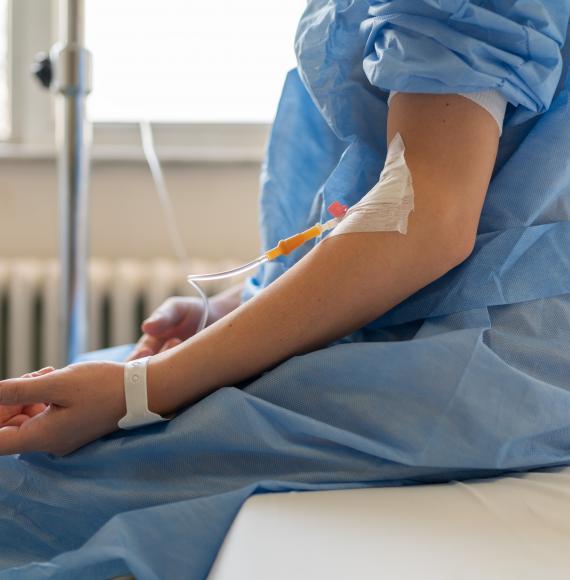Nearly 300,000 women could be set to benefit from a new preventive breast cancer treatment option, after licensing was granted by the Medicines and Healthcare products Regulatory Agency (MHRA).
The drug known as anastrozole has been used to treat breast cancer previously, but only ‘off-label’ as a preventive intervention – i.e., it was prescribed outside the terms of its license as it was judged by the prescriber to be in the best interests of the patient.
With uptake of the preventive treatment remaining low with the lack of licensing – despite NICE guidance in 2017 recommending that route – this announcement will now see around 289,000 post-menopausal women at a moderate or increased risk of the disease eligible.
Anastrozole is the first drug to be remodelled through NHS England’s innovative Medicines Repurposing Programme which was launched in 2021 after the successes of tocilizumab and dexamethasone as Covid-19 treatments.
Clinical trials show the drug can reduce incidence of breast cancer in its target group by almost 50%.
While some of the women eligible will not opt for anastrozole, it has been calculated that, if 25% do take up the treatment, approximately 2,000 cases of breast cancer could be averted in England, ultimately saving the NHS around £15m.
It’s fantastic that this vital risk-reducing option could now help thousands of women and their families avoid the distress of a breast cancer diagnosis.
— Amanda Pritchard (@AmandaPritchard) November 7, 2023
It is going to allow more women to live healthier lives without the fear of breast cancer. https://t.co/NZ0JKgAgGe
Nearly 50,000 people are diagnosed with the disease in England every year, making it the most common cancer in the country.
The chief executive of the charity Breast Cancer Now, Baroness Delyth Morgan, said: “The extension of anastrozole’s licence to cover it being used as a risk-reducing treatment is a major step forward that will enable more eligible women with a significant family history of breast cancer, to reduce their chance of developing the disease.”
Anastrozole, which is taken via tablet once a day for five years, is known as an aromatase inhibitor – in other words, it cuts down on the amount of hormone oestrogen produced in the body by blocking an enzyme called aromatase.
MHRA’s chief executive, Dame June Raine, commented: “The MHRA welcomes applications for repurposed medicines and encourages early dialogue from companies or developers considering this.”
After being selected through an open competitive process, licensing for anastrozole was undertaken by Accord Healthcare on a not-for-profit basis.
Image credit: iStock



















